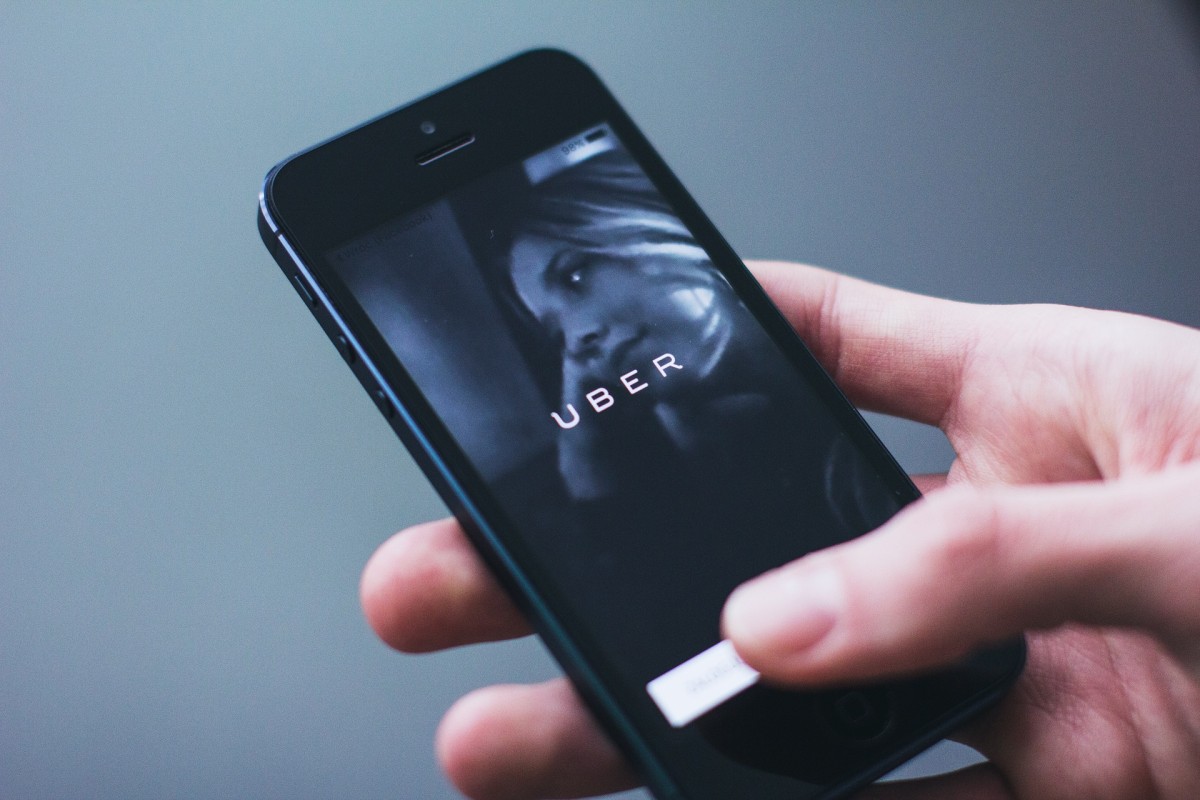Uber loses appeal against worker status
Uber’s appeal against the decision of the Employment Tribunal that its drivers are workers has been unsuccessful as the Employment Appeal Tribunal (EAT) dismissed Uber’s appeal in its entirety.
Employment Tribunal
For the background to the appeal, read our article on the Employment Tribunal judgment from October 2016.
The appeal
The EAT appeal focused on the true relationship between the drivers and Uber London Limited. Uber had sought to argue that its relationship with the drivers was one of agency, but the EAT decided that the Employment Tribunal had been entitled to reject this characterisation as being incorrect. The EAT felt that it could not be said that Uber drivers were principals in an agency relationship because the arrangements were inconsistent with the drivers being in business on their own account. The fact that the drivers were controlled by Uber London was an indication that the drivers were not true business owners.
The EAT concluded that the Tribunal had not erred in either its approach or its conclusions. Uber had therefore failed to meet the high threshold required to show that the Tribunal’s decision had been perverse.
A second limb of the appeal was the question of when drivers could be considered to be at work. The EAT agreed with the Tribunal’s finding that the drivers’ obligation starts when:
- the Uber app was switched on;
- the driver was within the territory in which they were authorised to work; and
- the driver was willing and able to accept assignments.
However, the EAT noted that the question of a driver’s status between trips was a tricky one to answer, particularly if the driver worked for more than one operator at the same time. The amount of time a particular driver actually spent driving, and therefore working, would hinge on “fact and degree”.
What next for Uber?
It is almost a foregone conclusion that the decision will be appealed to a higher court, in keeping with the path trodden by other gig economy cases, such as that concerning Pimlico Plumbers.
CASE Uber BV and ors v Aslam, Farrar and ors, Employment Appeal Tribunal, 10 November 2017
